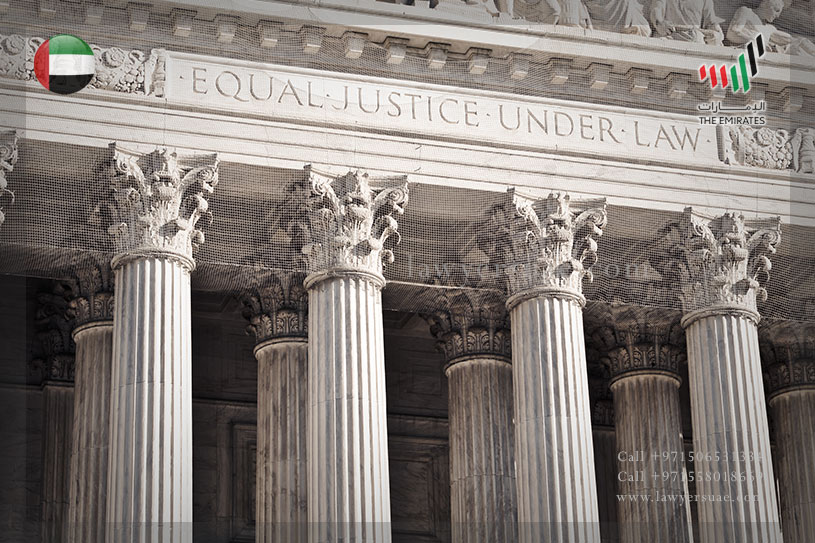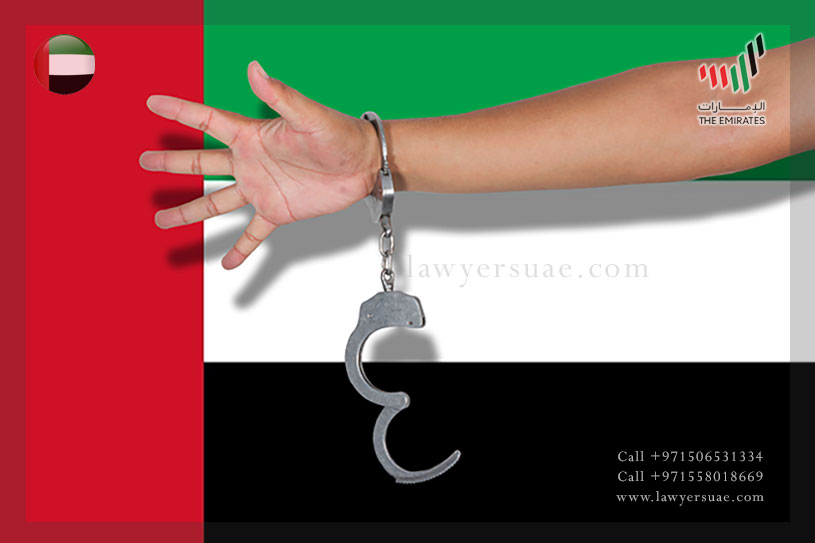In a recent landmark ruling, a UAE court has sentenced an individual to a 25-year prison term along with a hefty fine of AED 50 million, in response to grave charges of public fund embezzlement.
Public Prosecution
UAE’s legal and regulatory apparatus is committed to preserving the public’s resources.

The Public Prosecution declared the conviction after it successfully demonstrated that the man was engaged in a major financial scheme, illicitly diverting public funds for his personal gain. While the specific amount involved remains undisclosed, it’s clear from the severity of the punishment that the crime was substantial.
Commenting on the court’s ruling, the Public Prosecution stressed that the UAE’s legal and regulatory apparatus is committed to preserving the public’s resources and to enforcing strict sanctions against anyone found guilty of financial malfeasance. It emphasized that the comprehensive nature of UAE law, combined with the enforcement agencies’ vigilance, makes the nation impervious to such criminal activities.
This case underlines a relentless pursuit for justice by the UAE authorities, where the misuse of public funds is not tolerated under any circumstances. It serves as a stark reminder to those who may attempt to exploit the system for personal enrichment that the consequences are severe and comprehensive.
In line with this stance, the convicted individual has been ordered to reimburse the total amount embezzled, on top of the AED 50 million penalty. Furthermore, he will have to serve a lengthy jail term, marking the harsh reality of repercussions for committing such fraudulent actions.
The severity of the judgment is believed to act as a strong deterrent to any potential financial criminals, reinforcing the country’s zero-tolerance policy against corruption and financial irregularities. This is a pivotal moment for the UAE’s legal system, demonstrating a firm commitment to maintaining public trust, financial stability and transparency.
Despite being a nation known for its wealth and prosperity, the UAE is signalling that it will not be a haven for financial criminals and will take robust measures to protect the integrity of its financial institutions and public funds.
Recovering Misappropriated Assets: A Crucial Aspect
Besides levying penalties and enforcing incarceration, the UAE is also deeply committed to recovering misappropriated funds. The primary goal is to ensure that embezzled public resources are retrieved and rightfully restored. This effort is vital for upholding justice and mitigating the detrimental impacts of such financial crimes on the national economy.
Implications for Corporate Governance and Public Trust
The repercussions of this case extend beyond the legal realm. It has profound implications for corporate governance and the public trust. By demonstrating that no one is above the law and that financial malfeasance will be harshly punished, the UAE is sending a powerful message. It is strengthening the pillars of corporate governance and working to restore and maintain the public’s faith in institutional integrity.
Conclusion: A Resolute Fight Against Corruption in UAE
The imposition of a stringent penalty in the recent case of public fund misappropriation signifies the UAE’s unwavering resolve to combat financial fraud. This robust action underscores the nation’s commitment to upholding transparency, accountability, and justice. As the country continues to strengthen its legal and regulatory frameworks, it reinforces the message that corruption has no place in the UAE, thereby fostering an environment of trust, fairness, and respect for the law.



